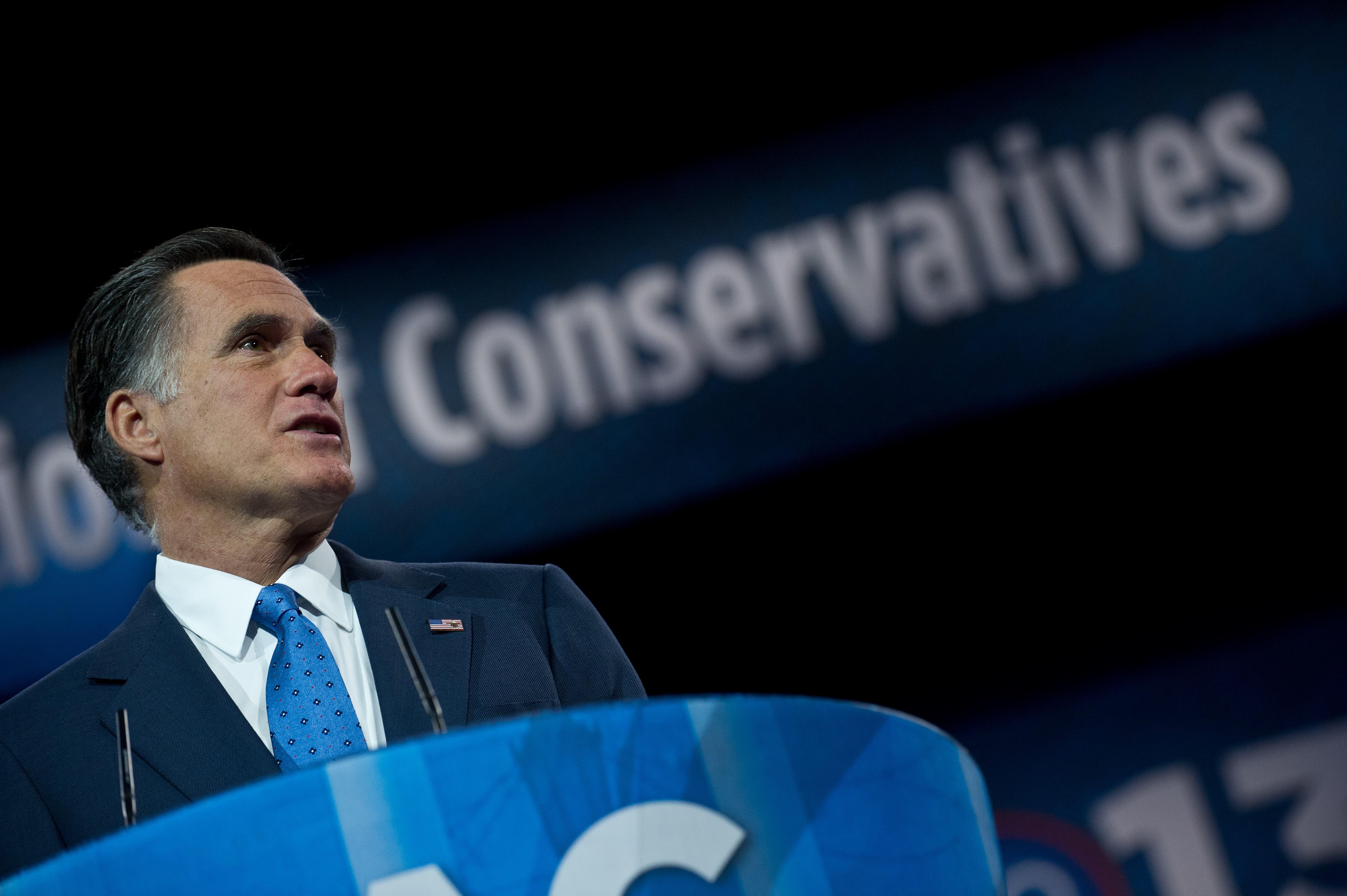Jonathan Karl, who’s owned the politics-of-Benghazi beat all week, obtains a campaign ad that the RNC designed but never released in the fall of 2012. It’s simple, which lends it some emotional punch.
Because it broke in the final stretch of the election, Benghazi was always covered as a political story—something that could beat Barack Obama. Hence the outrage over the administration’s early talking points, and the questions about why “terror” was sliced out of them. “We have a pretty good gut feeling as to why the talking points were changed,” said Sean Hannity after Wednesday’s hearing. “It was in the heat of an election.”
But why are Republicans convinced that this would have altered the election? Four Americans died in the attack in Benghazi. For the first time since the Carter administration, a diplomat was among the fallen. That was unspinnable. That did a certain amount of damage to the Obama campaign, like it should have. Where Hannity et al lose people is on the “cover-up”—why would the phrasing of talking points have ended the outrage? Why, because the administration was telling voters that the death of Osama bin Laden effectively ended the War on Terror, and that there was nothing new to fear, so we could go on not talking about “Islamism” and be perfectly safe.
This was never going to work. We learned why, not during the election, but during the weeks around the George W. Bush Presidential Center dedication. Bush, you’ll remember, was president during the deadliest terrorist attack ever on American soil. Yet Bush’s defenders credited him with Keeping America Safe. How? As Jennifer Rubin put it (though you could quote one of dozens of pundits), “there was no successful attack on the homeland after 9/11” while Bush was at the wheel.
This is mockable (Charlie Pierce calls it “the great mulligan”) but astute. Bush got re-elected on this theory. Americans are fretful about terrorism only to the extent that it might kill them in America. The Bush-era response to terrorism led to two fitfully successful land wars in central Asia, with thousands of military deaths; more relevantly, when we’re talking Benghazi, the Bush years saw 64 attacks of varying scale on American diplomats and embassies. None of them hurt his re-election. A terrorist attack of the same scale in, say, Indianapolis would have. Not overseas.
As a pure election-time issue, Benghazi reminded me of the 2004 “Rathergate” controversy. The common attack on CBS News at the time, after it ran stories about George W. Bush’s National Guard service, was that it was trying to “bring down the president.” That assumed a lot of voters who’d elected Bush once, knowing he’d merely served in the Texas Air National Guard during Vietnam, would be so angry at the new details that they’d reject him. Was anyone in the Obama administration, in September 2012, worried that classifying the Benghazi attack as “terrorism” would hurt their jobs? It seems that way, though I guess the president undercut them on Sept. 12 by putting the attack in the context of “acts of terror.”
